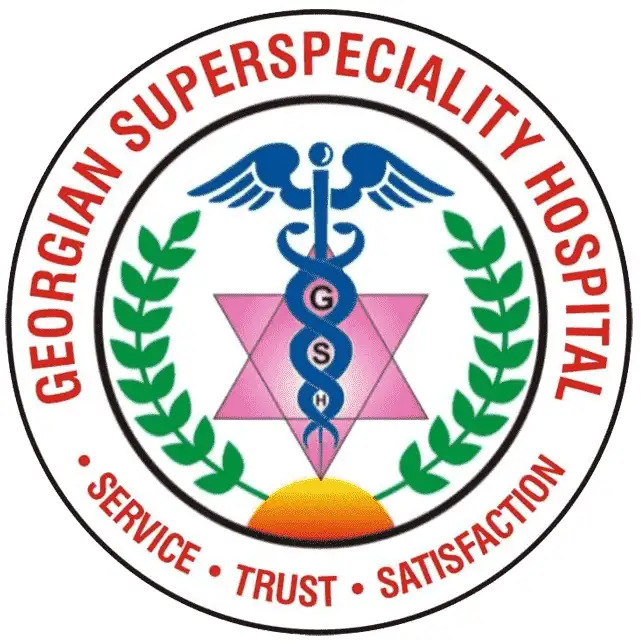Chemo Therapy
Chemotherapy, often referred to as chemo, is a common treatment method used in cancer care. It involves the use of powerful medications to kill or slow down the growth of cancer cells in the body. Chemotherapy drugs can be administered orally (in the form of pills or capsules) or intravenously (through a vein) depending on the specific treatment plan.
Here are some key points about chemotherapy:
- Purpose: The primary goal of chemotherapy is to eliminate cancer cells or reduce their growth. It can be used as the main treatment option or in combination with other therapies like surgery or radiation therapy.
- Drug Selection: Various chemotherapy drugs are available, and the selection depends on the type and stage of cancer. Some drugs work by directly attacking cancer cells, while others inhibit their ability to divide and grow.
- Administration: Chemotherapy can be given in different ways, including intravenous infusions, injections, oral medications, topical creams, or even through direct injection into body cavities. The frequency and duration of treatment depend on the individual’s condition and the specific drug regimen.
- Treatment Cycles: Chemotherapy is often administered in cycles, which consist of a treatment period followed by a rest period to allow the body to recover. This cycle is repeated several times over a specified duration.
- Combination Therapy: Sometimes, chemotherapy is combined with other treatments like surgery or radiation therapy. This approach is known as adjuvant therapy and aims to maximize the chances of eliminating cancer cells or preventing their recurrence.
- Targeted Therapy: In addition to traditional chemotherapy, targeted therapy is a newer approach that specifically targets cancer cells while minimizing harm to normal cells. Targeted therapies work by interfering with specific molecules involved in cancer cell growth and division.
